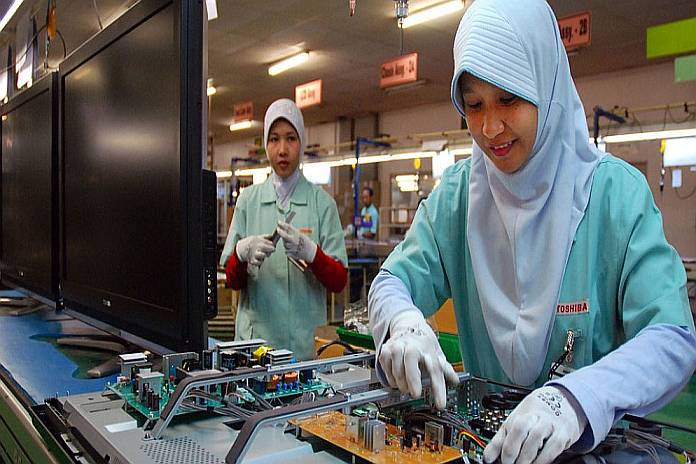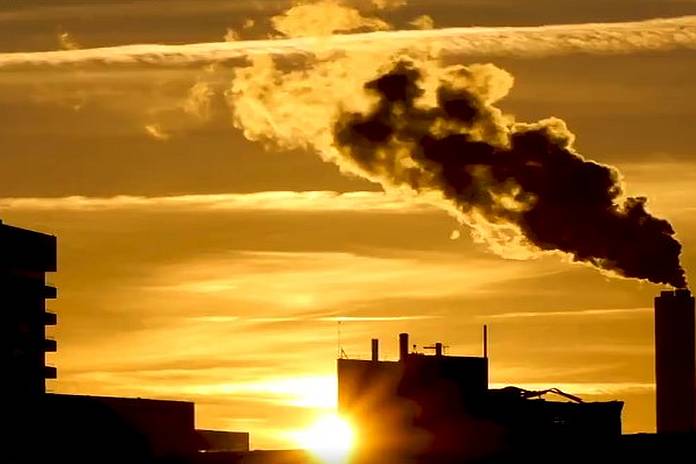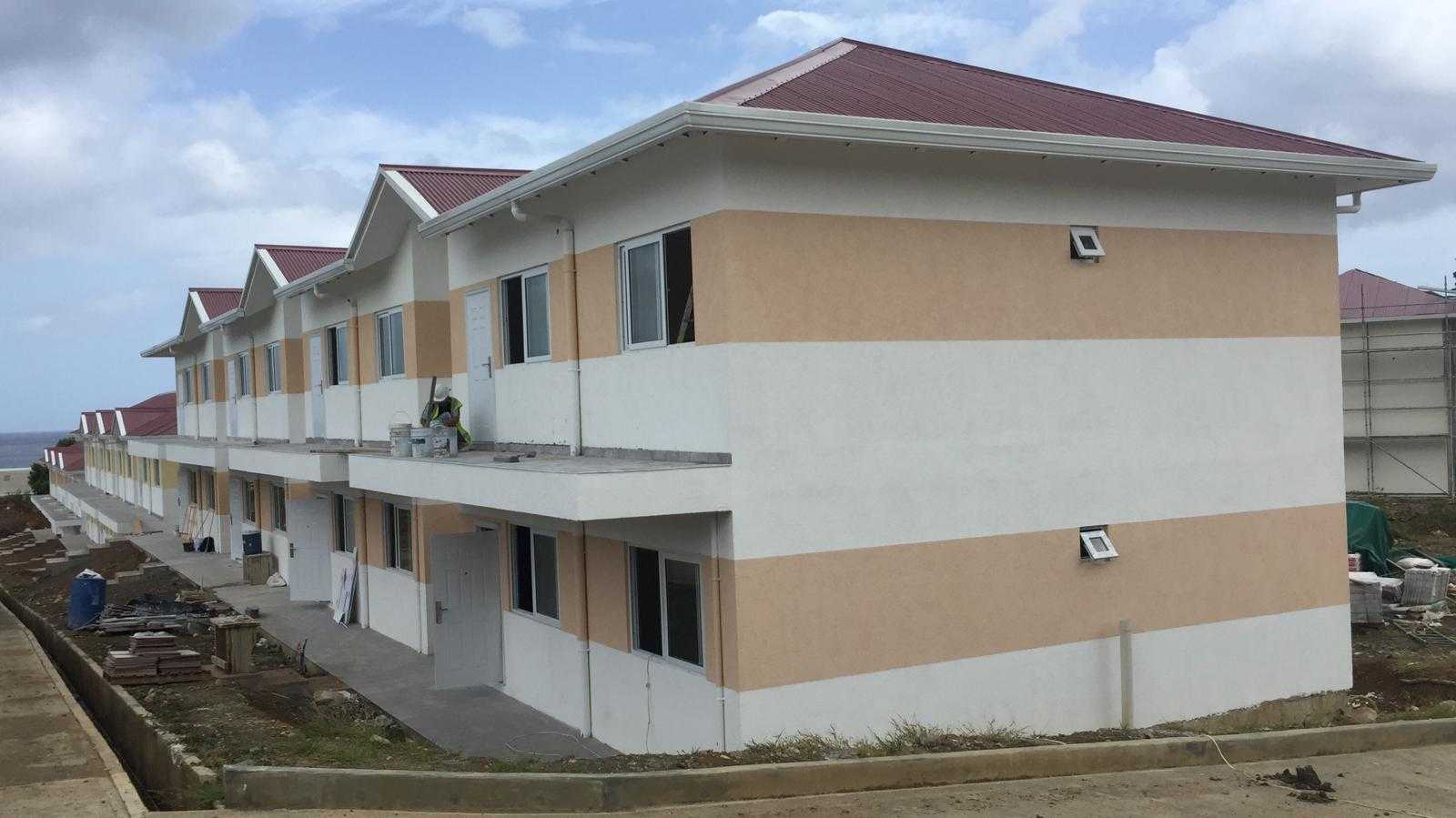
GENEVA, Switzerland – Top earners around the world have seen their share of national income rise in the last decade and a half, while everyone else has seen their pay packets shrink by comparison, UN economists reported on Thursday; while simultaneously stronger trade expertise and the creation of a harmonised trade information and facilitation platform in the Organisation of the Eastern Caribbean States (OECS) are key areas earmarked for development under the €3.6 million European Union (EU) and African, Caribbean and Pacific (ACP) countries – funded TradeCom II Agreement signed by OECS Director General Dr Didacus Jules in Geneva, Switzerland Thursday.
According to the International Labour Organization (ILO) data gathered from 189 countries shows that roughly 300 million workers earn around $7,500 per month. In contrast, almost half of the world’s workers – around 1.6 billion people – make just $200 a month, and the bottom ten percent’s monthly earnings amount to just $22.
“They will need to work for 28 years to earn the same as the top 10 percent does in a single month,” said ILO economist Roger Gomis. He noted that a one percent increase in take-home pay for the world’s top earners resulted in a “substantial decrease for everyone else… particularly for the lowest earners, who see their share of labour income decline by 1.6 percent”.
Conversely, the ILO official maintained, when mid-income workers take-home pay rose, this boosted almost everyone else’s share, except the very highest earners. This shows that “the relative labour income of a large majority of workers – around 90 percent – is complementary; when one increases, the other does as well,” Gomis explained. “So gains for the bottom 80 percent tend to be widely shared. In contrast, increases for the top are very narrowly shared, just favouring incomes at the top.”
Income inequality is worse in poorer countries
Another key finding of the ILO data covering salaried and self-employed worker for the period 2004 to 2017, is that income is shared more unequally in poorer countries than in richer ones.
This is highlighted by the fact that the pay of top earners in developed countries accounts for only 30 percent of their national economies or gross domestic product compared to 70 percent in…






